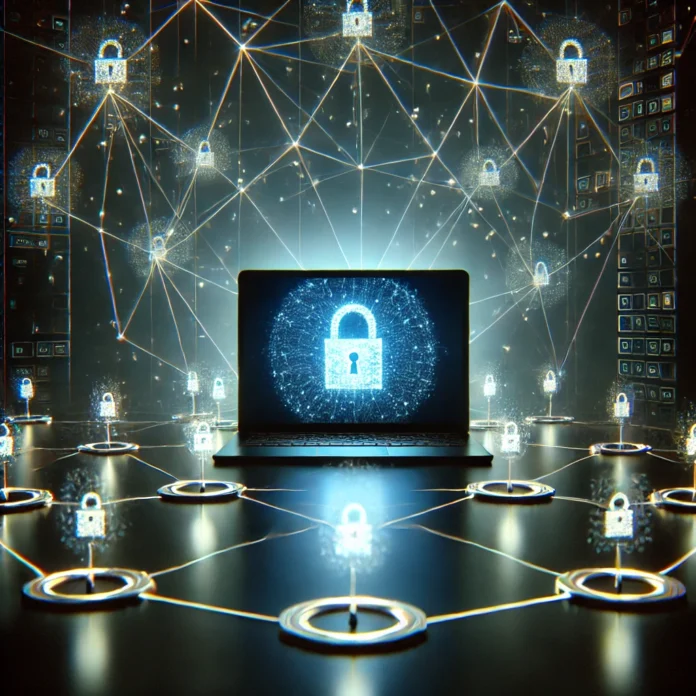Introduction
The dark web often conjures images of shady dealings, illicit marketplaces, and secretive hackers in dimly lit rooms. However, the reality of the dark web is far more nuanced than these dramatic portrayals. What is the dark web? How does it differ from the deep web? Is it really as dangerous and mysterious as people think? Let’s untangle the myths and realities surrounding this infamous corner of the internet.
What Is the Dark Web?
The dark web is a part of the internet that requires specific software, configurations, or authorization to access. Unlike the surface web, which is indexed by search engines like Google, or the deep web, which includes content not accessible via standard search engines (e.g., private databases, medical records), the dark web is intentionally hidden and often accessed using tools like Tor (The Onion Router) or I2P (Invisible Internet Project).
How It Works
The dark web operates on encrypted networks. When you use software like Tor to access it:
- Your internet traffic is anonymized by routing it through multiple servers (nodes).
- Websites on the dark web have addresses ending in “.onion”, which aren’t accessible through regular browsers.
- This layered anonymity protects both users and hosts, making surveillance or tracking much harder.
Myths About the Dark Web
1. The Dark Web Is Just for Criminals
Myth: The dark web is exclusively a haven for illegal activities like drug sales, human trafficking, or hiring hitmen.
Reality: While it’s true that illegal activities exist, the dark web is also used for legitimate purposes. Journalists, whistleblowers, and activists in oppressive regimes often rely on it for secure communication and information sharing. For instance:
- SecureDrop: A tool for journalists to receive tips securely.
- Privacy-conscious browsing: Some individuals use the dark web to avoid tracking and surveillance.
2. Accessing the Dark Web Is Illegal
Myth: Simply using tools like Tor to access the dark web is a crime.
Reality: In most countries, accessing the dark web is not illegal. However, using it for illegal activities—like buying counterfeit goods or participating in cybercrime—is against the law.
3. The Dark Web Is Inherently Dangerous
Myth: Entering the dark web means your computer will immediately be hacked, or you’ll be scammed.
Reality: The dark web can be dangerous, but with the right precautions—like avoiding suspicious links and not sharing personal information—it can be navigated safely. The real risk comes from engaging with dubious marketplaces or sharing sensitive data without proper safeguards.
What You’ll Find on the Dark Web
Illegal Activities
Yes, there are corners of the dark web that host illegal activities, including:
- Marketplaces: Sites like the now-defunct Silk Road facilitated the sale of drugs and stolen data.
- Hacking Services: Some forums offer hacking tools or services.
- Counterfeit Goods: Fake IDs, passports, and even currency are sometimes listed.
Legitimate Uses
On the flip side, the dark web serves as a vital tool for:
- Free Speech: In countries with strict censorship, citizens use the dark web to access blocked sites or communicate freely.
- Whistleblowing: Platforms like WikiLeaks have used dark web tools to protect sources.
- Privacy-Conscious Users: Some users access dark web sites simply to browse anonymously.
Why the Dark Web Gets a Bad Rap
The dark web’s reputation is largely shaped by media sensationalism and law enforcement operations targeting high-profile marketplaces. Stories of drug busts, weapon sales, or ransomware schemes often dominate headlines, creating the perception that the dark web is solely a den of criminality.
The Legal and Ethical Gray Areas
Is It Legal?
Accessing the dark web is legal in most places, but engaging in illegal activities—like purchasing stolen credit card numbers—is not. Always check your country’s laws.
Should You Use It?
Even for legal activities, navigating the dark web carries risks:
- Malware: Some sites are riddled with malicious software.
- Scams: Many marketplaces are scams designed to steal cryptocurrency or personal information.
- Surveillance: Authorities monitor dark web traffic to identify illegal activity, so even legal use could draw scrutiny.
Key Differences Between the Dark Web and Deep Web
| Feature | Deep Web | Dark Web |
|---|---|---|
| Definition | Content not indexed by search engines but accessible with proper credentials (e.g., bank accounts, databases). | Encrypted content requiring special software to access (e.g., Tor). |
| Access | Login credentials or direct links. | Tor, I2P, or other anonymous browsers. |
| Legality | Mostly legal. | Legal to access, but illegal activities exist. |
| Examples | Subscription services, academic databases, email accounts. | Anonymous forums, marketplaces, whistleblowing platforms. |
Staying Safe on the Dark Web
- Use Reliable Software: Only download Tor or other tools from trusted sources.
- Avoid Sharing Personal Information: Never disclose your identity or sensitive details.
- Use Antivirus Protection: Ensure your system is protected from malware and phishing attempts.
- Never Trust Marketplaces: Even legitimate-looking sites can be scams.
- Stick to Known Resources: If you’re exploring for legitimate reasons, research trusted directories.
The Dark Web in Perspective
The dark web is neither wholly good nor bad—it’s a tool, like any other, with potential for both harm and benefit. For activists, journalists, and privacy-conscious users, it can be a lifeline. For criminals, it’s a marketplace. Ultimately, its value and risks depend on how it’s used and understood.
The next time you hear a headline about the dark web, take it with a grain of salt. Beneath the myths and hype lies a complex reality, one that reflects the broader dynamics of the internet itself.




